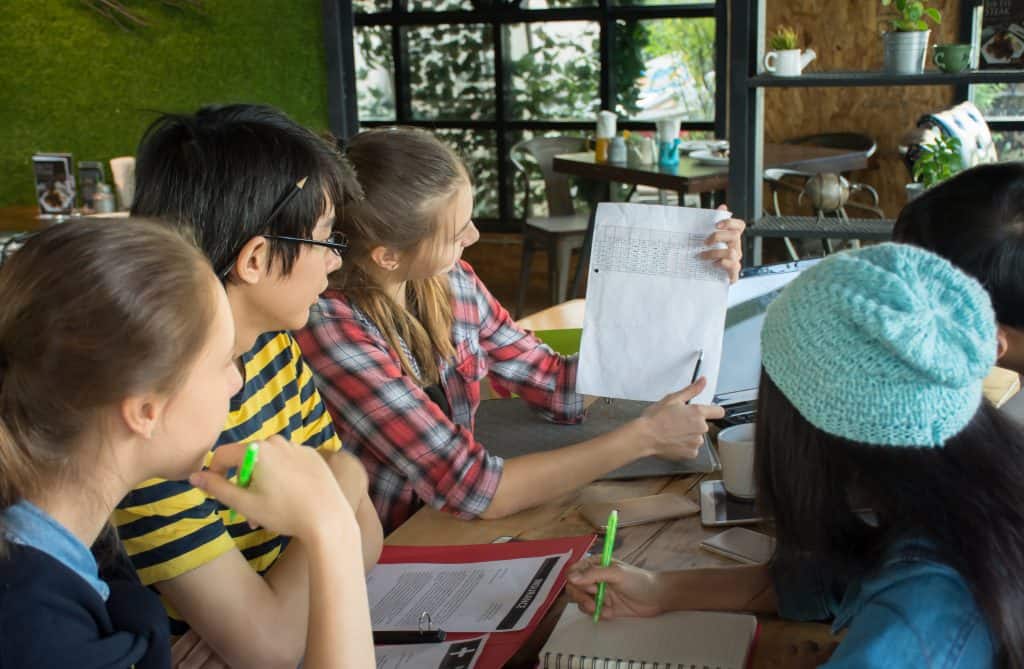theteam@theeducationhub.org.nz
Postal Address
The Education Hub
110 Carlton Gore Road,
Newmarket,
Auckland 1023
Co-operative learning is an effective instructional strategy that supports learning and motivation.

A set of practical approaches to using cooperative learning across a range of subjects and curriculum areas.

The principles of cooperative learning, the evidence on its benefits for students, and ideas for incorporating it into your teaching.